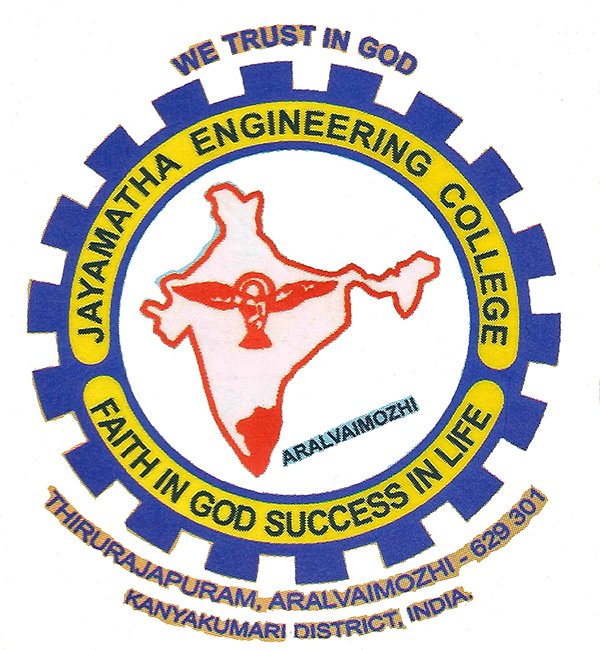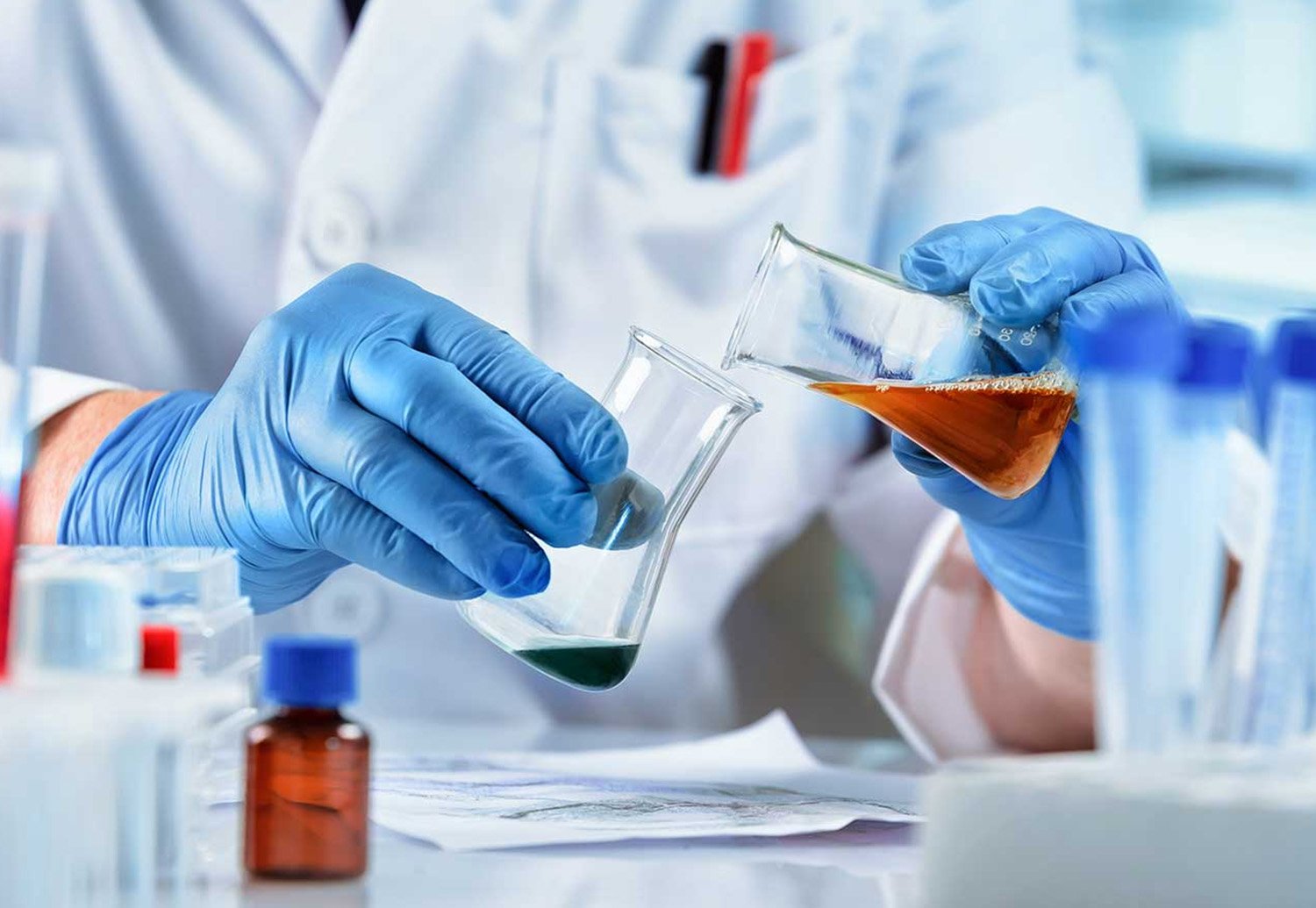The Department of Humanities and Science at Jayamatha Engineering College plays a crucial role in providing foundational knowledge and skills to engineering students. The department offers courses in English, Physics, Chemistry, and Physical Education to ensure students are well-prepared for the technical challenges of their engineering education while also focusing on holistic development. Each subject area contributes uniquely to shaping the student’s intellectual and personal growth.
English
English is an integral part of the engineering curriculum and serves as a bridge between a student’s previous education and their professional life. Proficiency in English is essential for success in both academic and professional settings.
Objectives:
- To improve students’ fluency and accuracy in English, enabling them to communicate effectively.
- To help students develop communication strategies that will serve them throughout their academic and professional lives.
- To align students with the expectations of the university, college, and faculty, preparing them for success inside and outside the classroom.
- To prepare students to become confident and active participants in their undergraduate programs, enabling them to excel in professional communication.
Mathematics
Mathematics is a subject of numbers, shapes, data, measurements and also logical activities. It has a huge scope in every field of our life, such as medicine, engineering, finance, natural science, economics, etc. Mathematics is the science and study of quality, structure, space, and change. Mathematicians seek out patterns, formulate new conjectures, and establish truth by rigorous deduction from appropriately chosen axioms and definitions.
Math is important because it helps us think critically, solve problems, and make sense of the world around us. It's used in many fields, including science, engineering, economics, and finance.
Real-world applications
-
Problem solving: Math helps us break down problems, identify patterns, and come up with solutions.
-
Financial literacy: Math helps us manage money, budget, and make informed financial decisions.
-
Critical thinking: Math helps us think logically and analytically.
-
Scientific discovery: Math helps scientists create models, explain natural phenomena, and develop new technologies.
-
Everyday tasks: Math helps us with tasks like measuring, cooking, shopping, and traveling.
Other benefits of math
- It helps us develop creativity and flexible thinking.
- It helps us build confidence and perseverance.
- It helps us develop memory and concentration.
- It helps us understand the world around us.
- It helps us develop skills that can lead to future careers.
- It helps us make sense of medical studies, crime statistics, and legal arguments.
Math is often called a universal language because its principles are the same across cultures and linking.
Objectives
The main objectives of mathematics education are to foster critical thinking, problem-solving skills, logical reasoning, and an understanding of mathematical concepts and their applications in realworld situations, preparing individuals for further studies and various careers.
Mathematics in Engineering Field
Mathematics is fundamental to engineering, serving as the language for modeling, analysis, and problem-solving across various disciplines, from designing structures to optimizing processes.
Mathematical Concepts Used in Engineering:
-
Calculus: Essential for understanding rates of change, optimization, and modeling dynamic systems.
-
Linear Algebra: Used for representing and manipulating systems of equations, transformations, and data analysis.
-
Differential Equations: Crucial for modeling and solving problems involving rates of change, such as in circuit analysis, fluid dynamics, and heat transfer.
-
Probability and Statistics: Used for analyzing data, assessing risks, and making predictions in various engineering applications.
-
Numerical Methods: Used to approximate solutions to complex mathematical problems that cannot be solved analytically.
-
Vector Calculus: Used for describing and analyzing physical phenomena in three-dimensional space.
-
Complex Numbers: Used in electrical engineering and signal processing.
-
Geometry: Used in civil and mechanical engineering for designing structures and machines.
-
Trigonometry: Used in surveying, navigation, and structural engineering.
How Math is Used in Engineering:
-
Modeling and Simulation: Engineers use mathematical models to represent real-world systems, allowing them to simulate,
analyze, and optimize designs before physical prototypes are built.
-
Problem-Solving: Math provides the tools to analyze complex problems, derive solutions, and make informed decisions.
-
Design and Analysis: Mathematical principles are used to determine the dimensions, materials, and performance characteristics of engineering designs.
-
Optimization: Engineers use mathematical optimization techniques to find the best possible solutions to engineering problems, such as minimizing costs or maximizing efficiency.
-
Data Analysis: Math is used to analyze data collected from experiments or simulations, providing insights into the behavior of engineering systems.
-
Communication: Mathematical models and equations are used to communicate complex ideas and designs to other engineers and stakeholders.
-
Modeling and Analysis: Engineers use mathematical models to represent real-world systems, whether they are designing structures, optimizing process.
Physics
Established in 1995, the Department of Physics provides a vital foundation for engineering students by imparting knowledge of basic scientific principles essential for their future studies.
Key Highlights:
- Highly qualified faculty: The department boasts faculty members with doctoral degrees specializing in Crystal Physics and Solid State Physics.
- Laboratory facilities: The department is equipped with state-of-the-art laboratory equipment, allowing up to 30 students to perform experiments individually.
- Faculty members actively engage in research and regularly participate in national and international seminars. Their research interests include Crystal Engineering, Electron Paramagnetic Resonance (EPR), Nano Technology, Non-linear Optics, and Solar Physics.
- Student Engagement: The department plans to establish a Physics Club to train students in photography, videography, crystallography, and multimedia presentations. Additionally, the Physics Association organizes annual meetings and seminars, such as the National Seminar on Smart Device Materials, to expose students to cutting-edge developments.
Chemistry
The Department of Chemistry focuses on building a strong foundation in chemical principles essential for first-year engineering students. The curriculum is designed to align with Anna University guidelines and includes both theoretical and practical training.
Facilities:
- The department offers a full-fledged laboratory with state-of-the-art equipment to meet the practical requirements of students.
- The practical training includes experiments relevant to engineering fields, such as the estimation of hardness, conductometric titrations, and pH metry titrations.
Key Equipment:
- Hot Air Oven
- Electronic Balance
- Digital Potentiometer with Magnetic Stirrer
- Digital pH Meter
- Digital Conductivity Meter
- Flame Photometer
- Spectrophotometer
- Water Bath Thermostatic
- Physical Balance
The department ensures that students gain hands-on experience in conducting sophisticated chemical experiments, preparing them for advanced studies and practical applications in engineering.
Physical Education
The Physical Education Department at JEC emphasizes the importance of physical well-being and provides students with facilities to participate in various sports and games. The college maintains well-kept playgrounds and sports equipment for outdoor activities.
Key Highlights:
- Students are trained to participate in inter-collegiate tournaments and open tournaments, promoting team spirit and healthy competition.
- The department is managed by experienced physical directors who provide comprehensive training, ensuring students excel in both academics and sports.
The department’s mission is to create a balanced lifestyle for students by encouraging them to participate in physical activities, helping them maintain physical fitness and well-being.
The Department of Humanities and Science at Jayamatha Engineering College plays a critical role in developing the communication skills, scientific knowledge, and physical fitness of engineering students. Through its well-structured courses and state-of-the-art facilities, the department ensures that students are equipped with the foundational skills necessary to excel in their engineering education and future careers.




